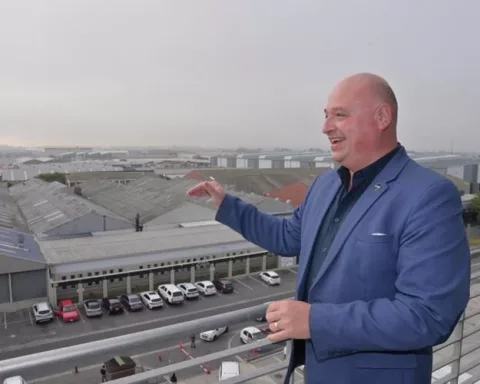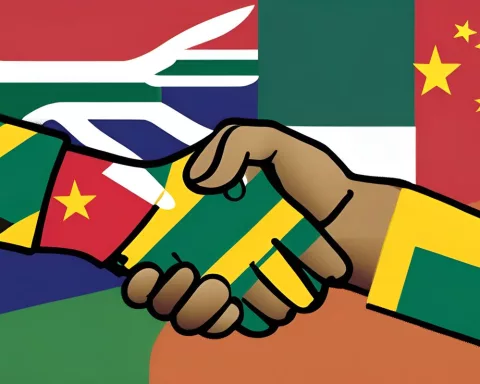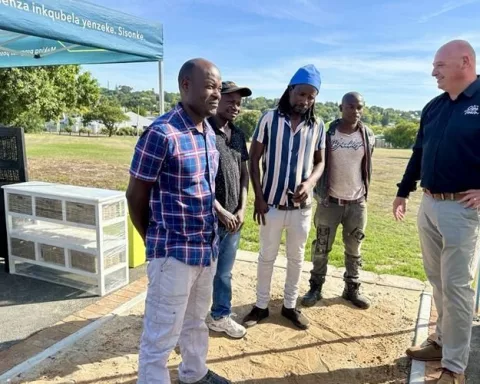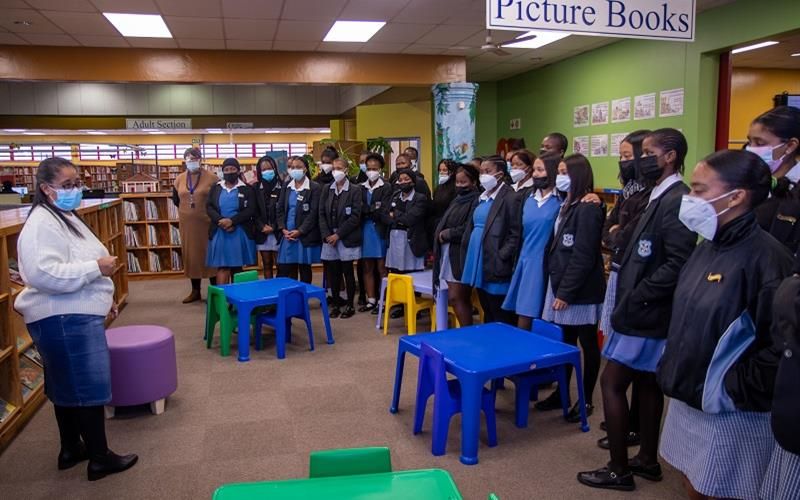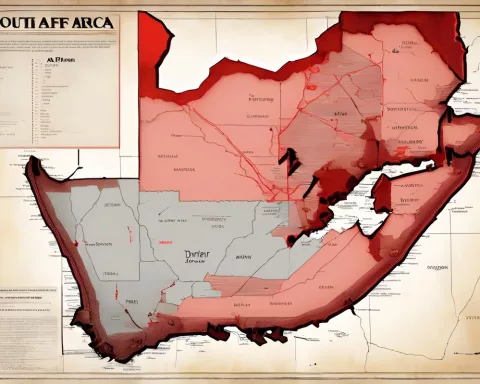The City of Cape Town is dedicated to investing in new technology and innovation to ensure the growth and development of the local community. Their commitment to this investment has not only helped to overcome energy challenges in the area but has also inspired other cities and countries facing similar issues.
Mayor’s Priority Programme on Energy
The Mayor’s Priority Programme on Energy is an all-encompassing plan that strives to eliminate load-shedding, expand and strengthen energy networks, and guarantee access to safe and reliable energy for all Cape Town residents and businesses.
Investment in Embedded Generation and Battery Storage
Cape Town is investing R220 million in small to utility-scale embedded generation to support renewable energy projects. This investment will help minimize reliance on Eskom’s grid and stimulate the growth of the local renewable energy sector. The City is also investing R50 million in battery storage to help stabilize the energy grid and provide reliable energy during periods of high demand.
Power Heroes Programme
The Power Heroes programme encourages residents and businesses to voluntarily reduce their energy usage in return for incentives. This initiative aims to reduce energy demand while promoting a culture of energy efficiency and conservation.
Waste-to-Energy Investment
Cape Town is exploring innovative solutions such as waste-to-energy to reduce landfill waste and provide a renewable energy source. The City invested R32 million towards this initiative, a small step towards a more sustainable future for Cape Town and the country.
Impact on the Local Tech Industry
The City’s investment in new technology and innovation has not only resolved energy challenges in Cape Town but has also stimulated the growth of the local tech industry. Collaborating with visionaries has turned the City’s fortunes around, leading to a more sustainable and prosperous future for Cape Town and the country.
The City of Cape Town’s investment in new technology and innovation is a catalyst for growth and development in the local community. The Mayor’s Priority Programme on Energy is a comprehensive plan that ensures access to safe and reliable energy for all residents and businesses in Cape Town. The City’s investment in new technology and innovation nurtures a more sustainable and prosperous future for Cape Town and the country as a whole.


